
Martin Fone
After graduating in Classics from Trinity College Cambridge and a 38 year career in the financial services sector in the City of London, Martin Fone started blogging and writing on a freelance basis as he slipped into retirement. He has developed a fearless passion for investigating the quirks and oddities of life and discovering the answers to questions most of us never even think to ask. A voracious reader, a keen but distinctly amateur gardener, and a gin enthusiast, Martin lives with his wife in Surrey. He has written five books, the latest of which is More Curious Questions.
-

Curious questions: Who first classified the clouds?
Martin Fone investigates the scientists so intrigued by cloud formations that they decided to sort them out into different types.
By Martin Fone Published
-
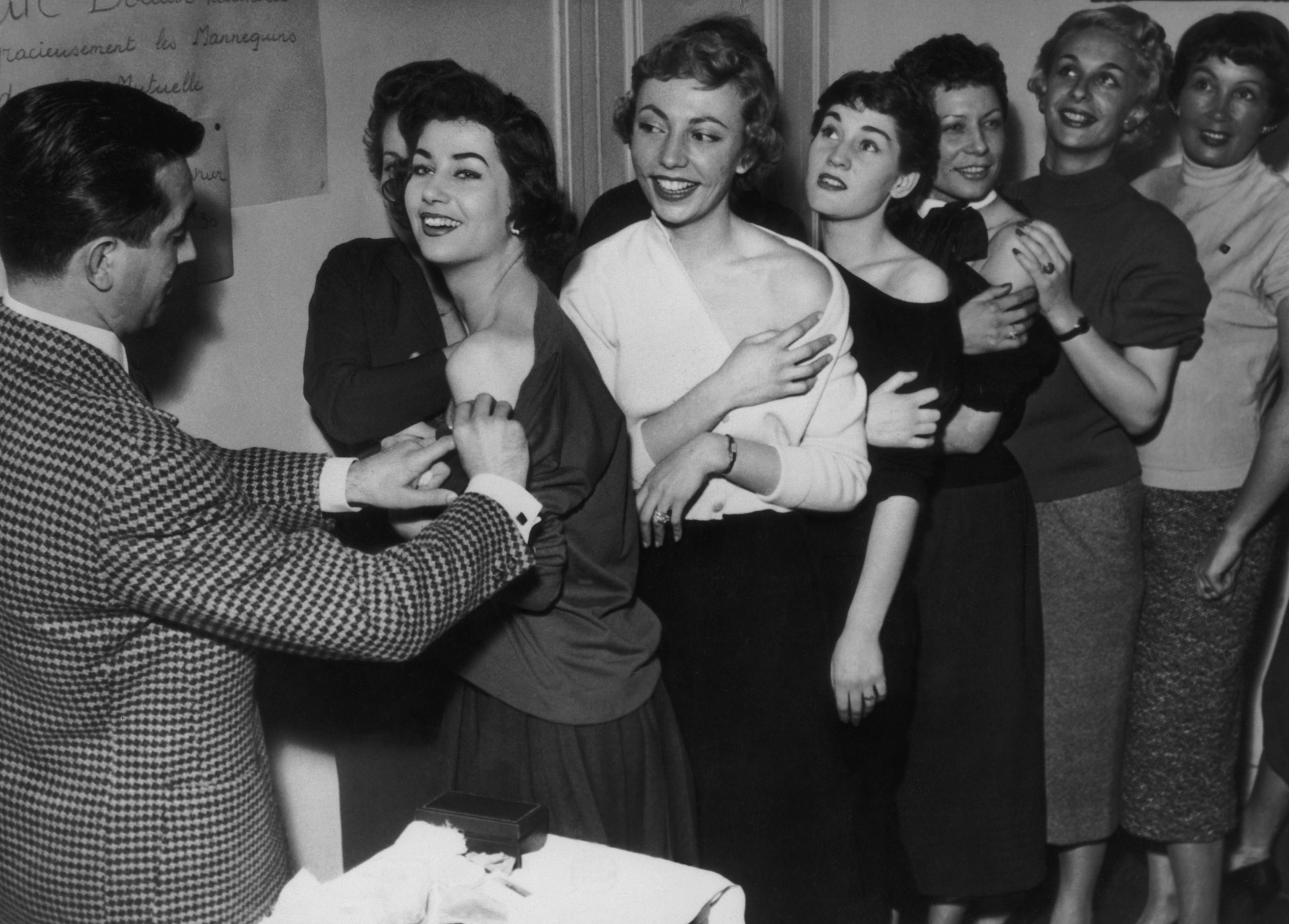
Curious questions: Who administered the first vaccination?
If you thought it was Edward Jenner, think again: Martin Fone discovers that the practice of inoculating against the smallpox disease has much older origins than you'd have believed possible.
By Martin Fone Published
-

Curious Questions: How fast do snowflakes travel?
Martin Fone examines the science behind snow and explores the history of snowfalls in the UK.
By Martin Fone Published
-
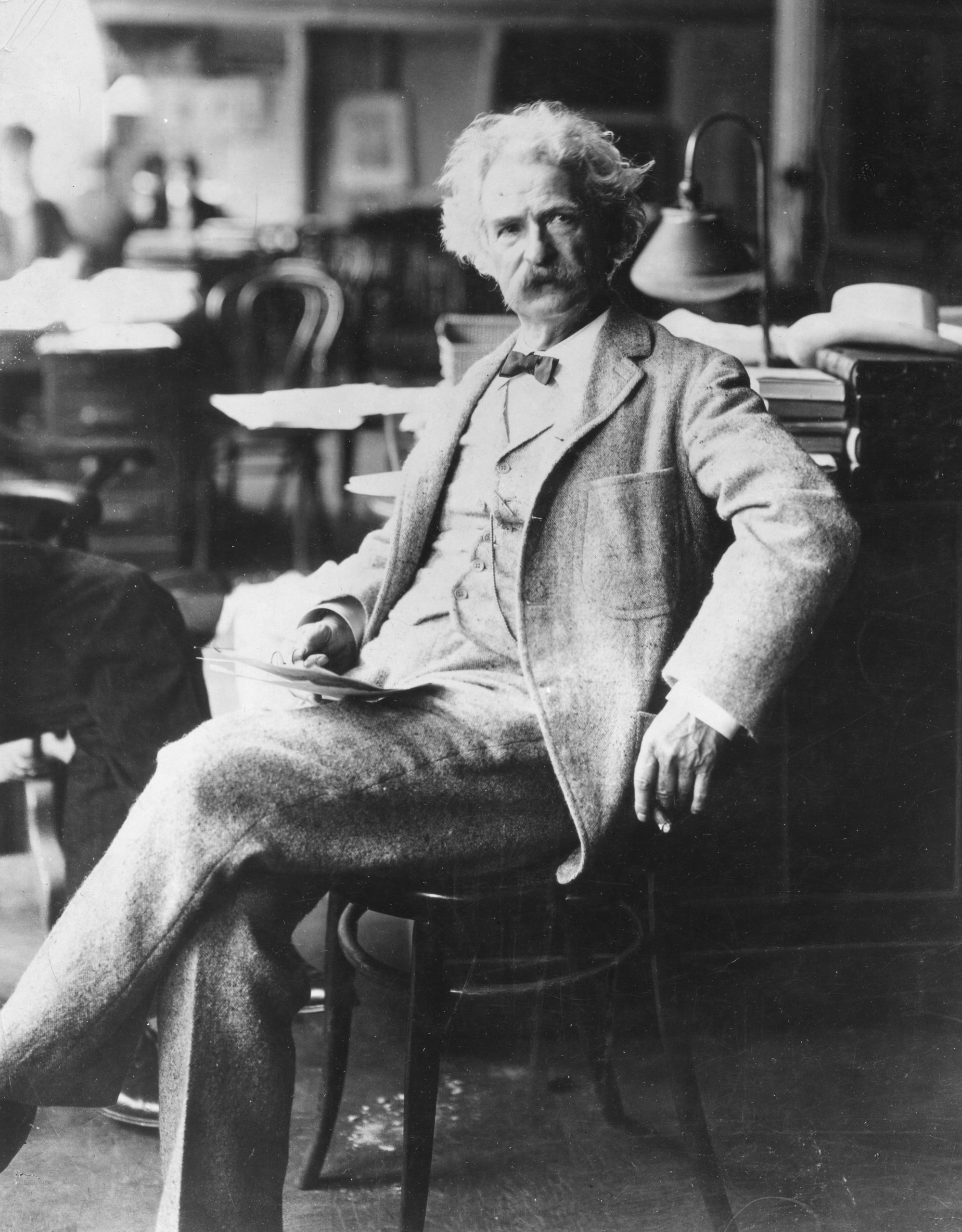
Curious Questions: Did Mark Twain really invent the bra strap?
Samuel Clemens Leghorn — better known as Mark Twain — was a man of many trades besides writing, and one of his inventions is still with us today. Martin Fone explains more.
By Martin Fone Published
-

Curious Questions: How did cats come to be man's second-best friend? (Or best, depending on who you ask)
In the last few weeks, Martin Fone has been taking a look at how dogs were first domesticated and the tricks of canine evolution which have made human hearts melt. But what about cats?
By Martin Fone Published
-

Curious Questions: Why can’t we resist puppy dog eyes?
It's no accident that your heart melts when dogs gaze into your eyes — it's simply a fact of thousands of years of evolution and selection, as Martin Fone explains.
By Martin Fone Published
-
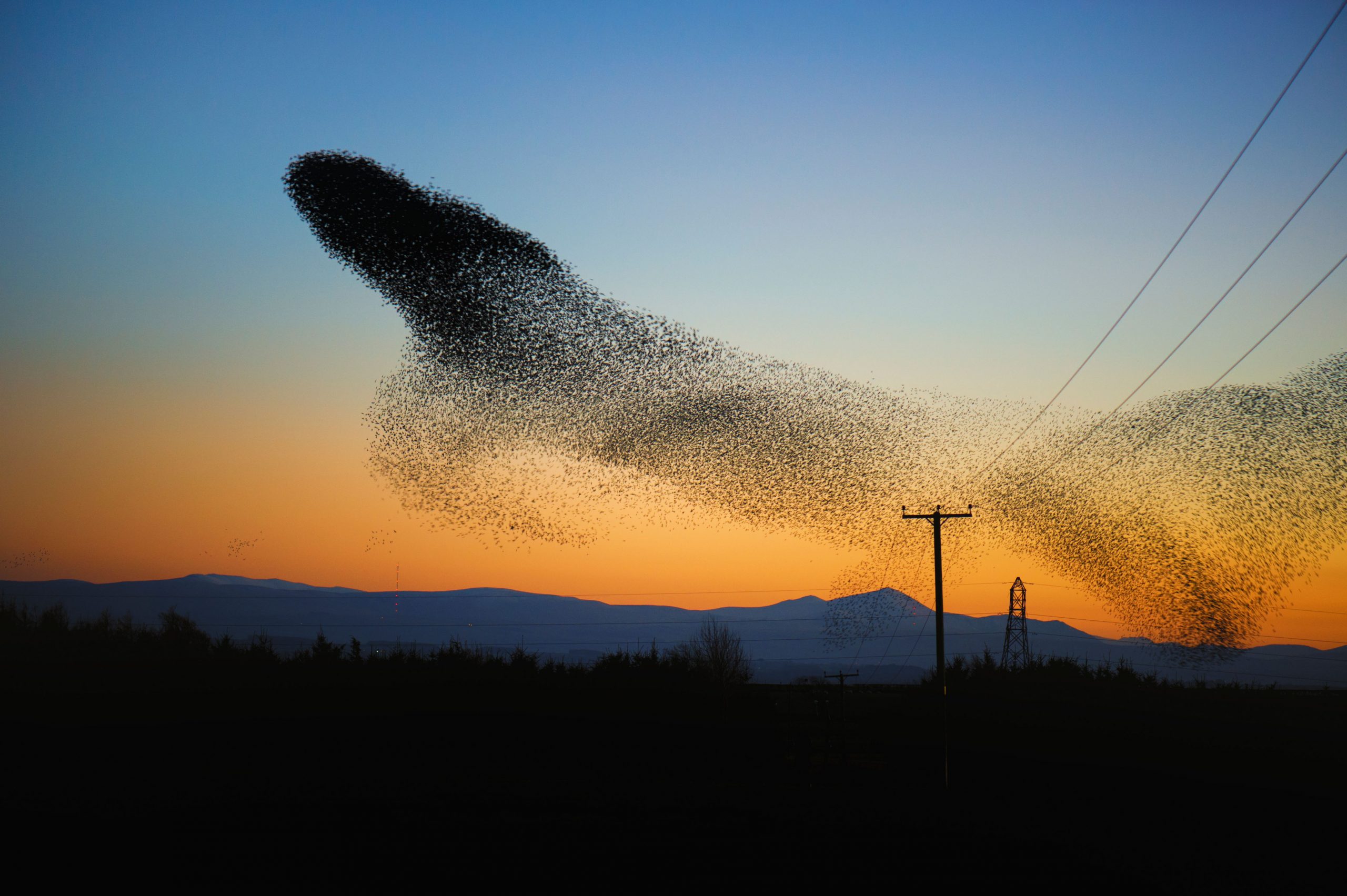
Curious Questions: How do starlings murmurate?
Murmurations of starlings — the vast clouds of thousands of birds, flocking and swooping through the sky — are one of nature's great displays. But how do the birds do it? Martin Fone investigates.
By Martin Fone Published
-

Curious Questions: When were dogs domesticated?
Dogs have never been more popular — as soaring puppy prices (and the worrying number of scams) show. But our love affair with dogs is anything but new — it's older than even our most ancient civilisations, discovers Martin Fone.
By Martin Fone Published
-
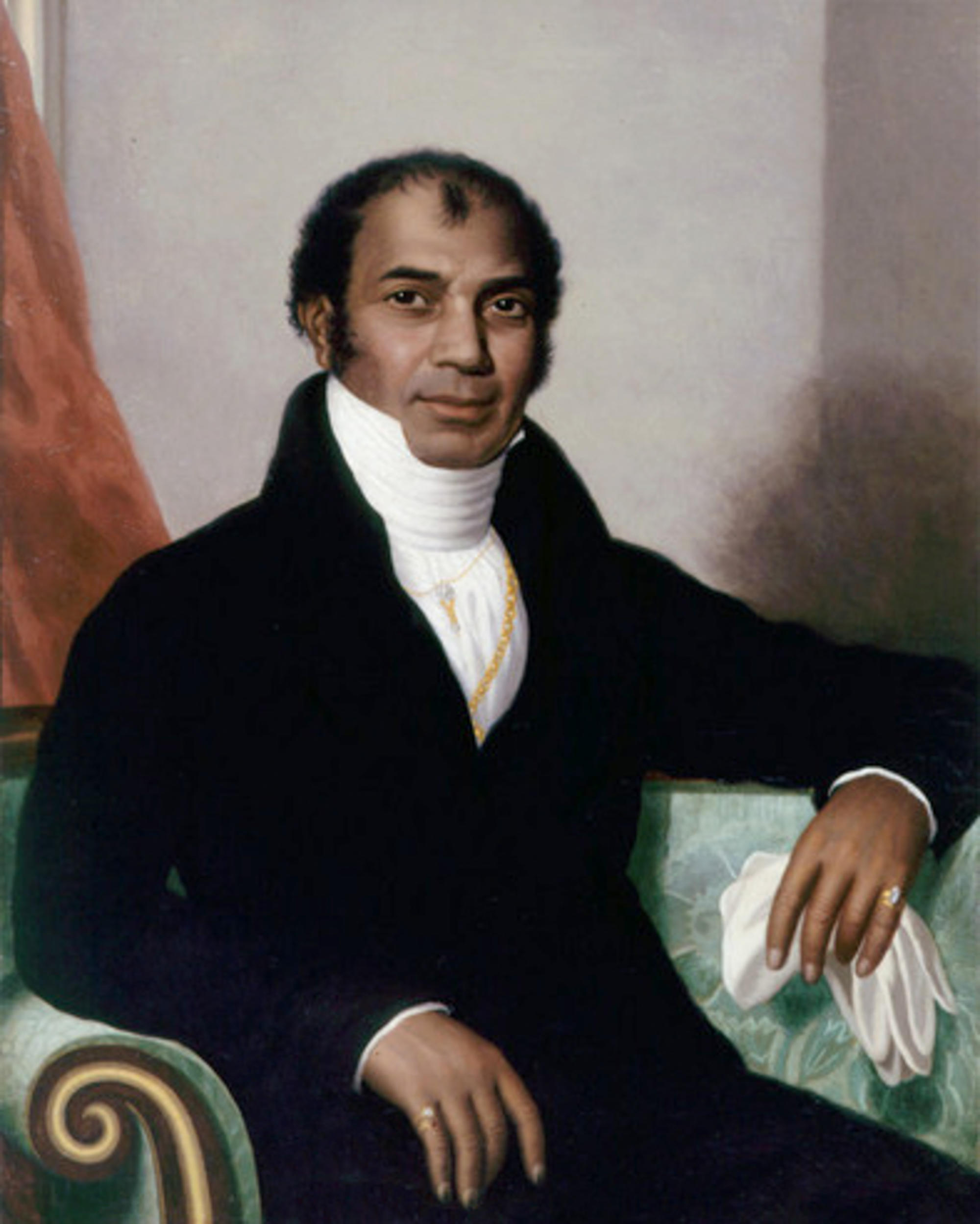
Curious Questions: How did curry become Britain's national dish?
Martin Fone takes a look at the first Indian restaurant in Britain, discovering what was on its first menu, and finding out how lager became the traditional accompaniment to curry dishes.
By Martin Fone Published
-
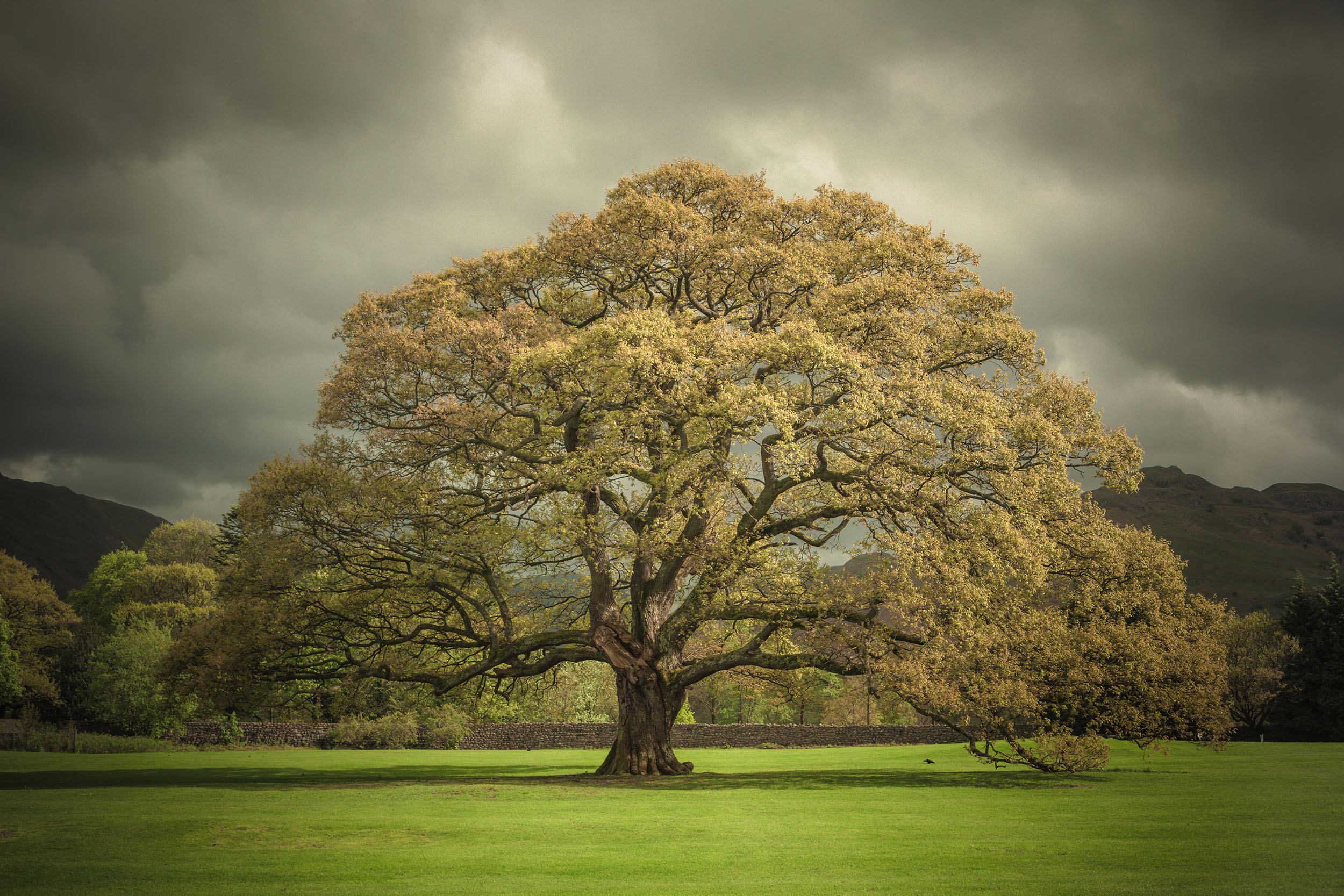
Curious Questions: Why have our oak trees produced so many acorns in 2020?
It's not your imagination: there really were far more acorns on the ground than usual this autumn. Martin Fone looks at the phenomenon of the 'mast year'.
By Martin Fone Published
-

Curious Questions: Why do maps include streets, and even entire towns, which don't exist?
The mysteries of mapping have intrigued Martin Fone since he was a boy — and one of the great curiosities is the existence of the 'trap street'.
By Martin Fone Published
-

Curious Questions: What is a 'doubly-thankful' village — and how did Upper Slaughter become one?
Martin Fone examines the (sadly rare) phenomenon of the parishes who erect memorials not to the fallen, but to those who survived war.
By Martin Fone Published
-

Curious Questions: How do weather forecasters figure out a percentage chance of rain?
Those 'chance of rain' percentages you see on the weather forecast hide a bewildering range of possibilities. So how are they calculated? The answer is far from simple, much less logical, as Martin Fone discovers.
By Martin Fone Published
-

Curious Questions: How far can you see on a clear day?
A walk to a local hilltop prompts Martin Fone to wonder just how far you can see, assuming perfect atmospheric conditions.
By Martin Fone Published
-

Curious Questions: Why does Scotland have 30,000 lochs, but only one lake?
A moment's reflection on a cancelled pub quiz gets Martin Fone wondering about Scotland's only lake.
By Martin Fone Published
-

Curious Questions: How did the tea bag take over from loose leaf tea?
Fifty years ago, only three per cent of Brits used tea bags. Today, only three per cent of us don't. Martin Fone takes a look at how tea bags took over the world.
By Martin Fone Published
-

Curious Questions: Who invented the cardboard box?
Six months of online shopping have left Martin Fone buried in cardboard boxes — and that's put him in the mood to answer a curious question. Where do they all come from? And when did we start making them?
By Martin Fone Published
-

Curious Questions: How did a car-mad racing driver come to invent the speed camera?
Speed cameras have been a fixture of British roads for three decades, but they've been around far longer than that. Martin Fone finds out more about how they came about — and, ironically, how it was a speed-loving racing driver who is responsible for their creation.
By Martin Fone Published
-
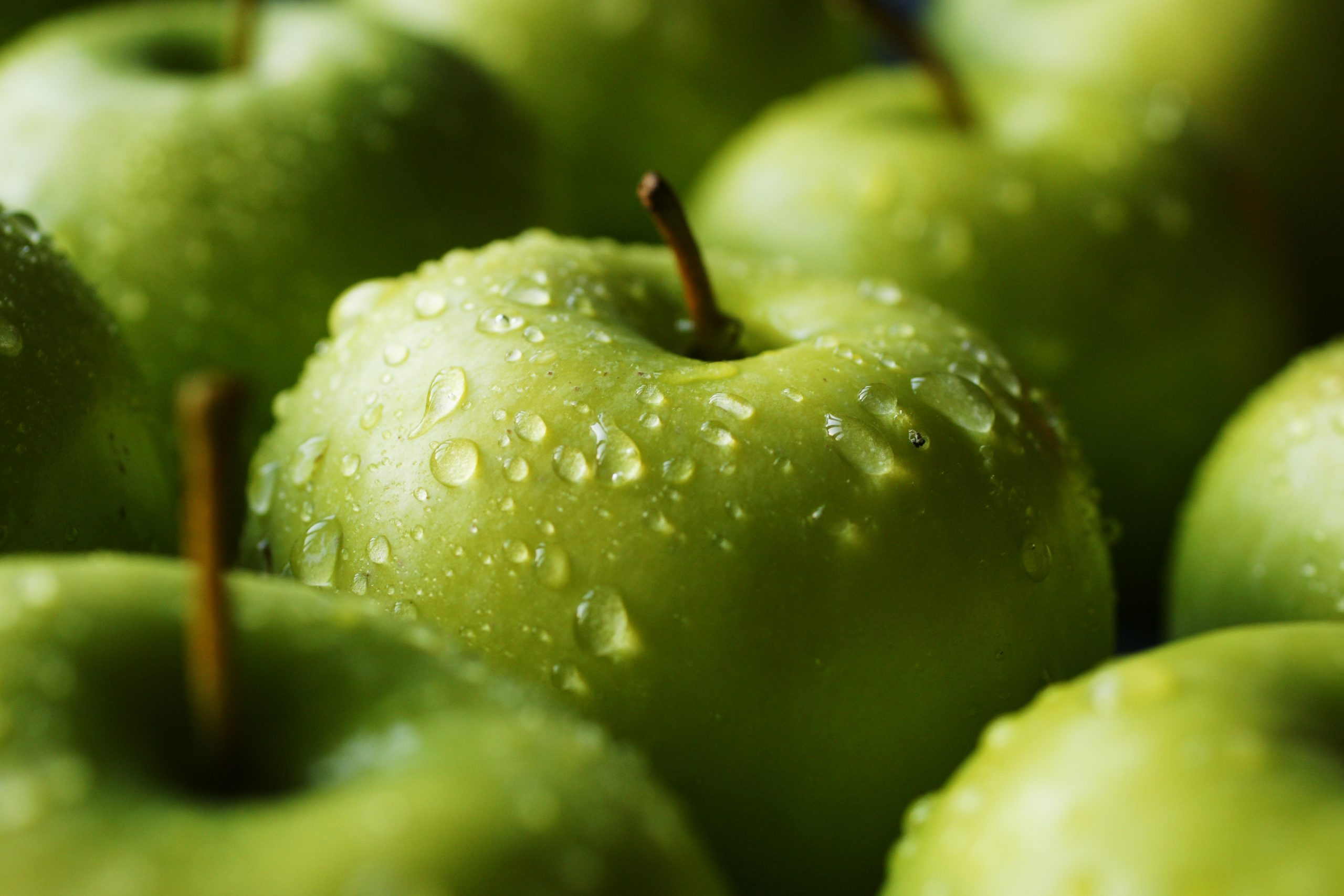
Curious Questions: Was there a real Granny Smith who first cultivated the apple that bears her name?
Martin Fone crunches into a tart, crisp apple and ponders a question: who was Granny Smith? And did she really discover the apple that's named after her?
By Martin Fone Published
-

Curious Questions: How did 'God Save The Queen' become Britain's National Anthem?
As patriotic songs come under the spotlight, Martin Fone takes a look at national anthems across the world.
By Martin Fone Published
-

Curious Questions: Why do the British drive on the left?
The rest of Europe drives on the right, so why do the British drive on the left? Martin Fone, author of 'Fifty Curious Questions', investigates.
By Martin Fone Published
-

Curious Questions: Why did people used to wash clothes in urine?
An experience far from home prompts Martin Fone to delve into the history of laundry — including the rather unpleasants secrets of removing stains.
By Martin Fone Published
-

Curious Questions: How did one of the world's great biscuits get named after a freedom fighter named Garibaldi?
Martin Fone delves into the curious history of the garibaldi biscuit — and how it's linked to the tale of Italian freedom fighter-turned folk hero Giuseppe Garibaldi.
By Martin Fone Published
-
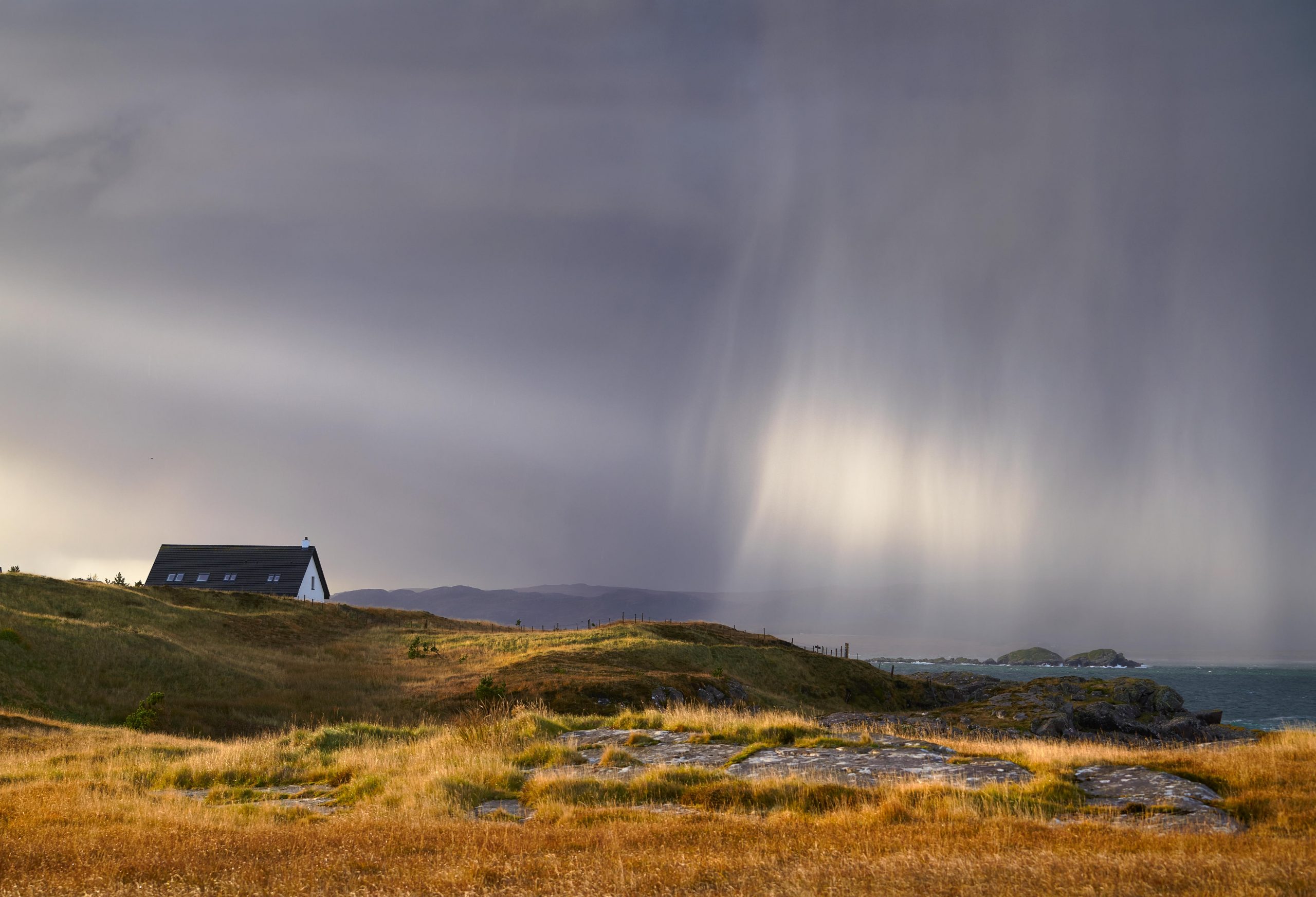
Curious Questions: Who invented the weather forecast?
Martin Fone tells the fascinating — and ultimately heartbreaking — tale of Robert Fitzroy, the visionary sailor-turned-scientist whose pioneering work saved countless thousands of lives.
By Martin Fone Published
